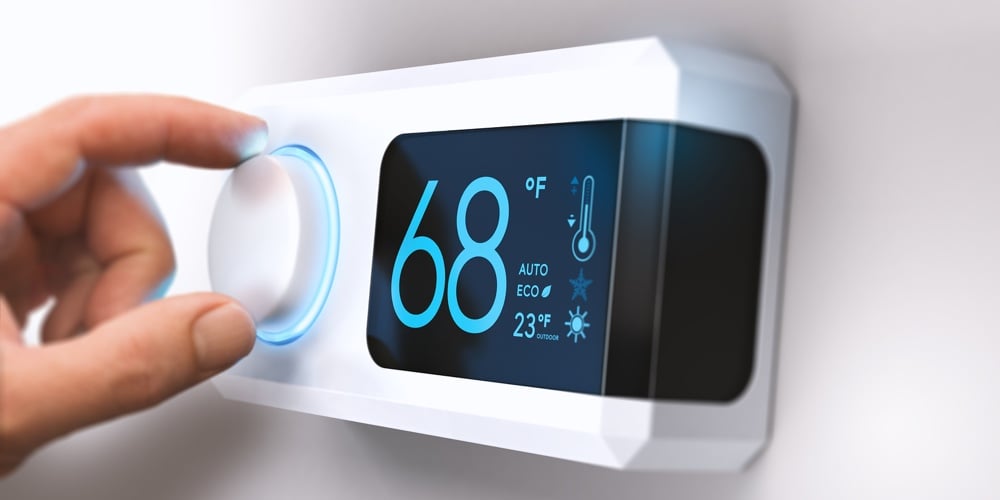7 ways to beat the heat

If your monthly rent doesn’t include utilities, these summer heat waves could be scorching a hole through your budget.
It’s no secret that cooling your apartment is a renter’s top utility expense, with water running a close second.
The good news is that even if you don’t own your home, there are plenty of simple fixes you can make to save on your monthly bills. Every little bit helps.
Here are a few courtesy of EnergyStar.gov.
Shut the blinds: Or better yet, get some heavy blackout drapes. According to Energy.gov, that simple step can help reduce the heat coming into your apartment by 33% to 45%. Another bonus? Without all that sunlight streaming in the morning you might get a few more hours to sleep in the morning on your days off. The kids might also go to bed at a reasonable hour instead of waiting for the sun to set.
Call your local utility company: You may be surprised by the savings and incentives they have to offer. Be sure to also check out their website, where you’ll find more energy saving tips and discount programs.
Check for off-peak reduced rates: See if there are any local off-peak rates and find out what time of day. Then plan to run the dishwasher, do the laundry and other energy draining chores during those times.
Change your filters: Air conditioning unit filters should be changed or cleaned every few months.
Do a light bulb swap: They may be pricier upfront, but the long-term cost savings of using energy efficient compact florescent light bulbs are worth it. The CFL light bulbs use 70% to 90% less energy than the standard bulbs. It’s a savings of about $30 to $80 per bulb.
Invest in a programmable thermostat: This might be tricky and will involve you asking the landlord. Talk up the benefits of setting up usage based on when you are actually in the space. Each degree you turn down the thermostat is an annual savings of about 1% per 8-hour period.
Unplug when you can: EnergyStar.gov reports that even when not in use, plugged in electronics like your gaming system or computers still use a small amount of energy. So whether you opt to walk around and do it manually or get a smart powerstrip that manages your power for you, it pays to unplug … literally.





